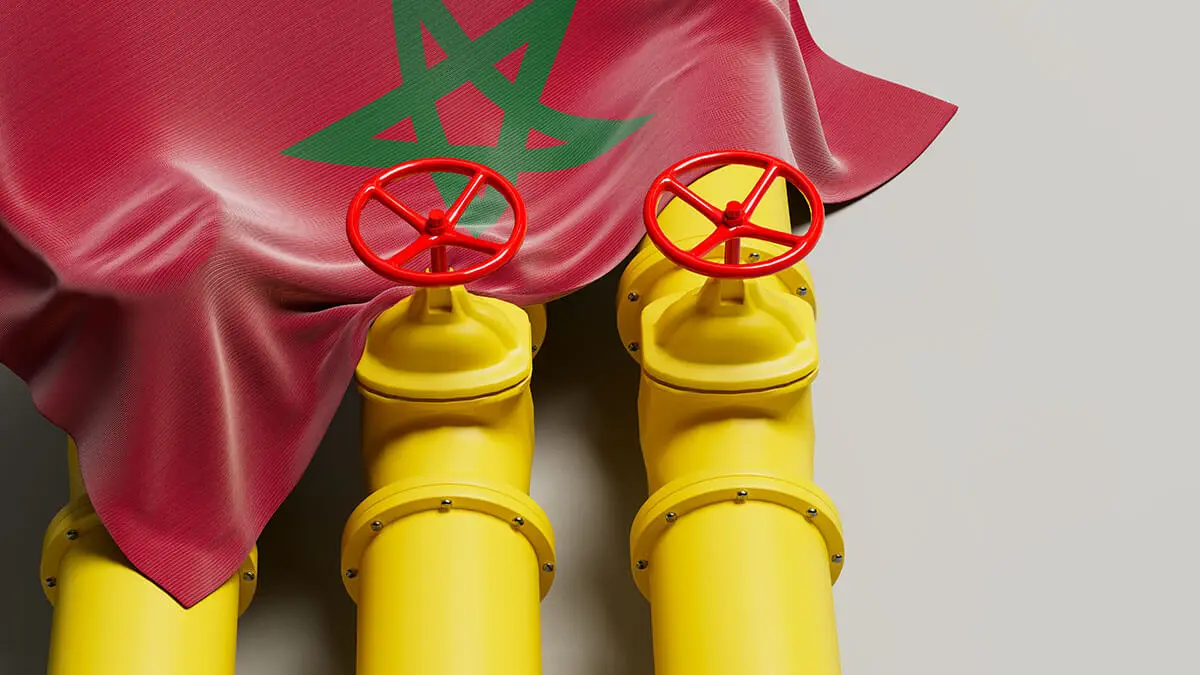Spain monitors Moroccan energy megaproject in Africa

The excellent synergies that exist between Spain and Morocco facilitate cooperation on energy and strategic matters. However, they also require constant monitoring of megaprojects such as the Nigeria-Morocco gas pipeline.
Approved in 2016, Nigeria and Morocco are developing one of the most ambitious projects in Africa's recent history, valued at $25 billion. The construction of the gas pipeline that will connect 14 countries in the northern region of the African continent (Morocco, Niger, Burkina Faso, Mali, Benin, Togo, Ghana, Ivory Coast, Sierra Leone, Guinea, Guinea-Bissau). The ambitious project aims to meet the energy needs of more than 400 million Africans.

The goal is to transport 30 billion head waiters of natural gas per year from Nigeria, one of the countries with the largest reserves on the continent. The ambitious project aims to meet the energy needs of more than 400 million Africans. Landlocked countries such as Mali and Burkina Faso will also benefit, thereby strengthening regional energy security.
Construction has already begun. The investment made so far amounts to $6 billion, with the aim of making it the energy hub between Europe and Africa. It is in this context that Spain is said to be monitoring Morocco's progress.
The main reasons would be: geopolitical relevance, as Morocco could strengthen its position as a key player in energy supply to Europe, which would alter the regional balance; possible implications for the Canary Islands, if the gas pipeline connects to Europe via the islands; the Western Sahara conflict, as part of the gas pipeline will cross this disputed territory, which could generate diplomatic and legal tensions; and the environmental impact and political risks, due to the instability of some of the African countries through which the infrastructure will pass.








